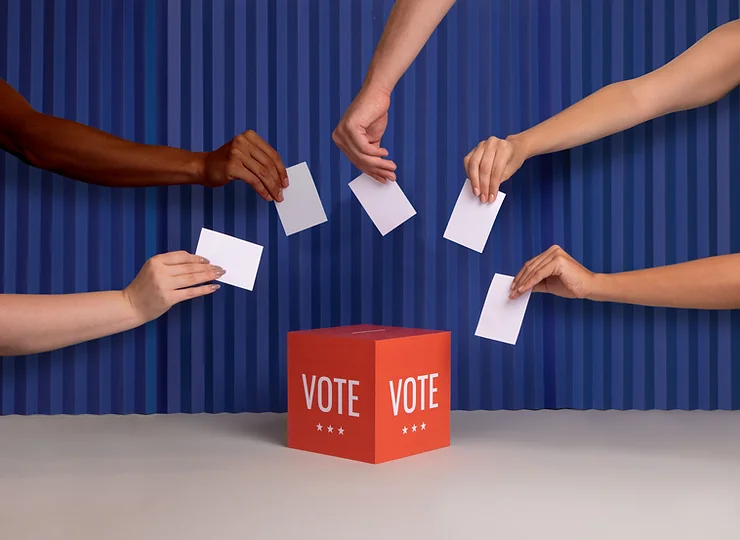Homeowners’ Associations (HOAs) serve as vital components in community governance for condominiums, planned unit developments, and other common interest communities. The democratic process of electing board members is integral to HOA operations. California Civil Code § 5105, part of the Davis-Stirling Act, prescribes the rules for conducting proper HOA elections. Non-compliance can have serious legal ramifications.
Hypothetical Scenario
Consider a California-based HOA community that has been self-managed for a decade. A small faction of homeowners controls the HOA Board, neglecting the legally required election process. This negligence has spawned dissatisfaction among residents, feeling their voices go unheard.
This scenario illustrates how failure to conduct proper elections may lead to a breach of Civil Code § 5105.
Understanding Civil Code § 5105
Civil Code § 5105 stipulates the guidelines for elections within an association, covering the following:
- Equal access for candidates and members to association media.
- Common area access for all candidates and members during campaigns.
- Details of candidate qualifications, nomination procedures, and disqualifications.
- Voting regulations, including proxies, voting periods, and related protocols.
- Methods for selecting independent inspectors of elections.
- Allowing inspectors to appoint additional personnel for vote verification.
- Retention of a candidate registration list and voter list, with verification rights for members.
- Disqualification criteria for candidates.
- Safeguards against disqualification for specific non-payment scenarios.
- Prohibition against nominee disqualification without internal dispute resolution.
- Rules for floor nominations or write-in candidates.
- Distribution regulations for ballots and election operating rules.
- Timeline requirements for election materials and rule amendments.
(Reference: Cal. Civ. Code § 5105 (Deering, Lexis Advance through the 2023 Extra Session Ch 1, 2023 Regular Session Ch. 130))
Failure to adhere to these regulations exposes the HOA to legal risks.
Legal Implications in Our Scenario
In the described scenario, the HOA’s disregard for proper elections violates Section 5105:
1. Suppression of Democracy: The lack of fair elections erodes homeowners’ democratic rights, fostering distrust in the board.
2. Potential Legal Action: Aggrieved residents may seek legal recourse, leading to court-ordered compliance, legal costs, and other sanctions.
3. Invalidating Board Actions: Courts might declare actions of improperly elected boards as null, leading to turmoil and financial strains within the community.
Conclusion
Transparent, lawful elections are a legal necessity under the Davis-Stirling Act. The outlined scenario emphasizes the cruciality of compliance with Civil Code § 5105.
It is essential for HOA Boards and homeowners to understand election legalities. Should you encounter a similar situation, engaging an attorney skilled in HOA law is imperative. Compliance with Civil Code § 5105 is vital to preserve community integrity and avert legal difficulties.






